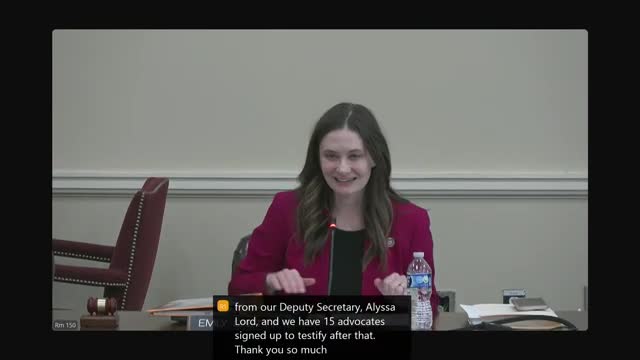Article not found
This article is no longer available. But don't worry—we've gathered other articles that discuss the same topic.
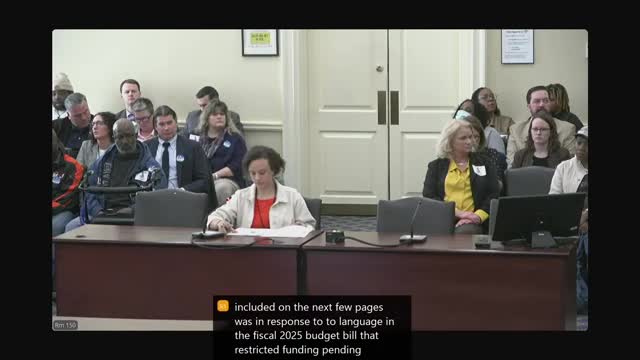
MDH outlines ASO transition and recoupments; DLS urged restricted release pending report
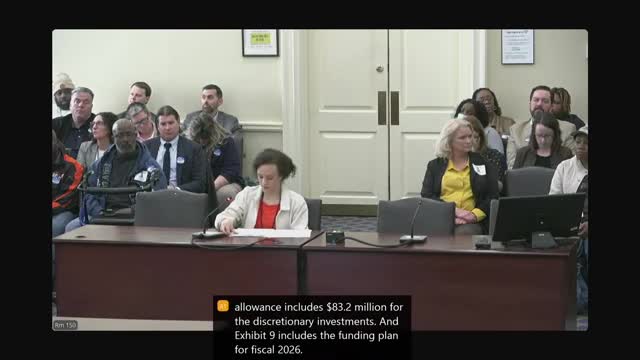
Hospitals, advocates push for residential treatment beds as pediatric overstays persist
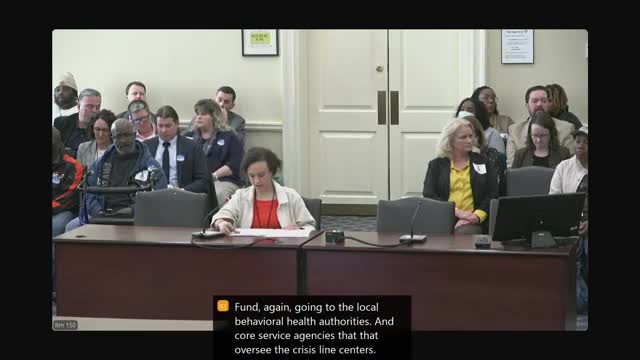
MDH outlines AOT and CCBHC planning steps; DLS questions costs and statewide readiness
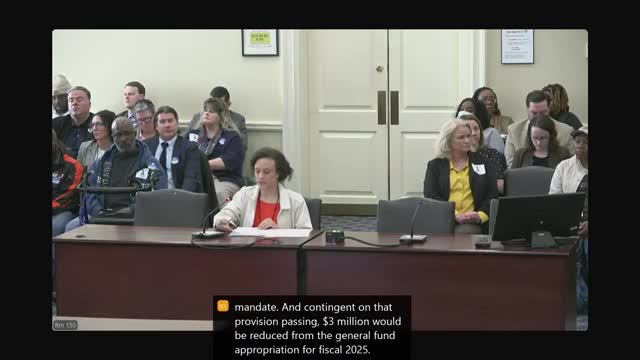
Advocates and MDH press for secured 988 telecom fee to sustain crisis centers
